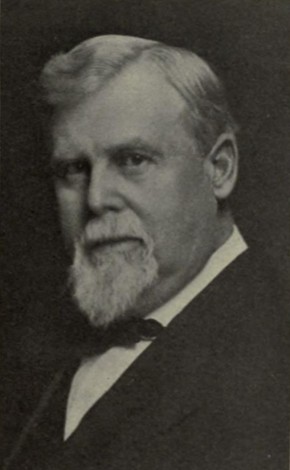William A. Graham (agriculture commissioner) facts for kids
Quick facts for kids
William Alexander Graham
|
|
|---|---|
 |
|
| 9th North Carolina Commissioner of Agriculture | |
| In office 1909 – December 1923 |
|
| Preceded by | Samuel L. Patterson |
| Succeeded by | William A. Graham Jr. |
| Member of the North Carolina House of Representatives |
|
| In office 1905–1905 |
|
| 4th President pro tempore of the North Carolina Senate |
|
| In office 1879–1880 |
|
| Preceded by | James L. Robinson |
| Succeeded by | William T. Dortch |
| Member of the North Carolina Senate |
|
| In office 1879–1880 |
|
| Member of the North Carolina Senate |
|
| In office 1874–1874 |
|
| Personal details | |
| Born | December 26, 1839 Hillsborough, North Carolina |
| Died | December 23, 1923 Raleigh, North Carolina |
| Political party | Democratic |
| Alma mater | University of North Carolina at Chapel Hill; Princeton College |
| Military service | |
| Allegiance | |
| Branch/service | |
| Rank | |
| Unit | |
| Battles/wars | American Civil War |
William Alexander Graham (December 26, 1839 – December 23, 1923) was an important leader in North Carolina. He worked as a lawmaker, helping to create rules and laws for the state. He also served as the state's Commissioner of Agriculture, which meant he was in charge of helping farmers and making sure agriculture in North Carolina was strong.
Contents
William Alexander Graham: A Life of Service
William Alexander Graham was born on December 26, 1839. His birthplace was Hillsborough, North Carolina. His parents were William Alexander Graham and Susannah Sarah Washington.
Education and Early Life
Graham went to private schools when he was young. Later, he studied at the University of North Carolina at Chapel Hill. He also attended Princeton College. During the American Civil War, he served as an officer in the Confederate Army.
After the war, Graham became a farmer. He also became a leader in the North Carolina Farmers' Alliance. This group worked to support farmers.
Political Career
Graham was a member of the Democratic Party. He was elected to represent Lincoln County in the state government.
- He served in the North Carolina Senate in 1874 and again in 1879.
- From 1879 to 1880, he was the President pro tempore of the North Carolina Senate. This is a high-ranking position in the state Senate.
- In 1905, he was elected to the North Carolina House of Representatives.
From 1899 to 1908, Graham was part of the state Board of Agriculture. This board helped guide farming policies in North Carolina.
Commissioner of Agriculture
In 1908, William Alexander Graham was elected as the Commissioner of Agriculture. This was a very important job. He was responsible for helping farmers and improving farming practices across the state. He was re-elected several times, showing that people trusted his leadership. He continued in this role until he passed away in December 1923.
After his death, his son, William Graham Jr., took over as Commissioner.
Later Life and Legacy
William Alexander Graham died in Raleigh, North Carolina on December 23, 1923. This was just a few days before his 84th birthday. He is buried in the Machpelah Presbyterian Church Cemetery in Lincolnton, North Carolina.
The William A. Graham Jr. Farm was recognized for its history. It was added to the National Register of Historic Places in 1977.
 | Victor J. Glover |
 | Yvonne Cagle |
 | Jeanette Epps |
 | Bernard A. Harris Jr. |

